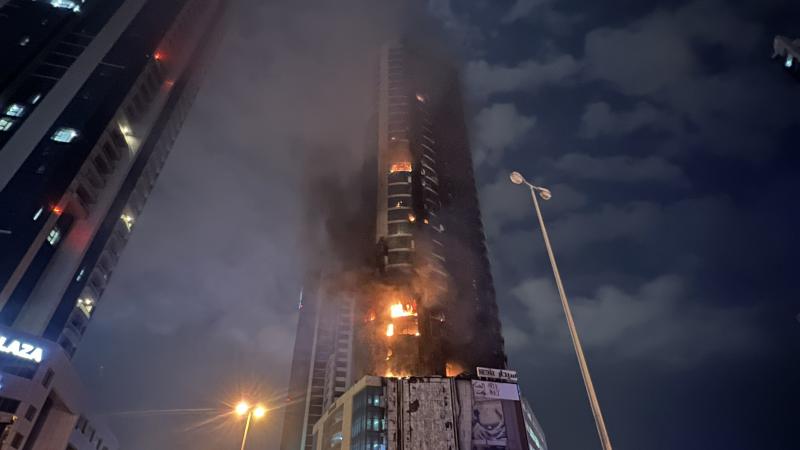Push to limit Washington state governor's emergency powers gains legislative traction
There are bipartisan indications that lawmakers may finally move to rein in the governor.
Washington Democratic Gov. Jay Inslee has exercised pandemic-related state of emergency powers for 678 days now.
In the lead-up to Monday's convening of the 2022 legislative session, there are bipartisan indications that lawmakers may finally move to rein in the governor’s emergency powers.
"I have a feeling that the theme of this year's session is going to be 'seeking balance,' " House Speaker Laurie Jinkins, D-Tacoma, said at Thursday's Seattle CityClub legislative preview. "And so, I think that’s what we’ll be trying to do. I expect that we’ll hear some bills on oversight of emergency powers and things like that."
Her comments came after House Minority Leader J.T. Wilcox, a Republican, sent a letter to Jinkins on Wednesday urging passage of new bipartisan emergency powers legislation, House Bill 1772, during the 2022 legislative session.
HB 1772 essentially requires legislative involvement in any long-lasting state of emergency, defined as more than 60 days.
Among the bill's co-sponsors is Rep. Mike Chapman, a Democrat, one of the panelists at Thursday's Solution Summit event on emergency powers reform held by the Washington Policy Center.
"The reason I co-sponsored HB 1772 is that whether one agrees with the governor's emergency powers decisions or not, we still need three effective co-equal branches of government with appropriate checks and balances," Chapman told Jason Mercier, WPC's director of the Center for Government Reform, after the panel discussion.
Some of the specific provisions of HB 1722 include:
The legislature is allowed to pass a concurrent resolution declaring the termination of a state of emergency.
- During a state of emergency, the governor or legislature may call a special session, consistent with the state constitution's guidelines, to vote on a concurrent resolution to extend a state of emergency.
- If the legislature is not in session, the state of emergency may also be terminated in writing by unanimous agreement of all four leaders in the House and Senate – that is, the majority leader of the Senate's largest caucus, the minority leader of the Senate's second-largest caucus, the speaker of the House, and the minority leader of the House’s second-largest caucus.
- The state of emergency, unless extended by the legislature by a concurrent resolution, will be terminated 60 days after being signed by the governor.
- The governor is prohibited from reinstating the same or substantively similar state of emergency when the original has expired.
On Feb. 29, 2020, Inslee declared a statewide emergency in response to the spread of COVID-19 under the Emergency Powers Act of the Revised Code of Washington (RCW) 43.06.220. Since then, he has issued scores of additional proclamations ranging from stay-at-home orders to school closures to a moratorium on evictions to a vaccine mandate.
The governor's office was noncommittal on the nascent legislation.
"Regarding HB 1722, we need time to review and consider the proposal, so we haven’t taken a position on it yet," Inslee spokesperson Tara Lee said in an email response to The Center Square.
Aware that last year's bipartisan emergency powers legislation went nowhere in the legislature, Mercier managed to retain some hope lawmakers would act this year to limit Inslee’s governing by emergency declarations, describing his position as "cautiously optimistic."















